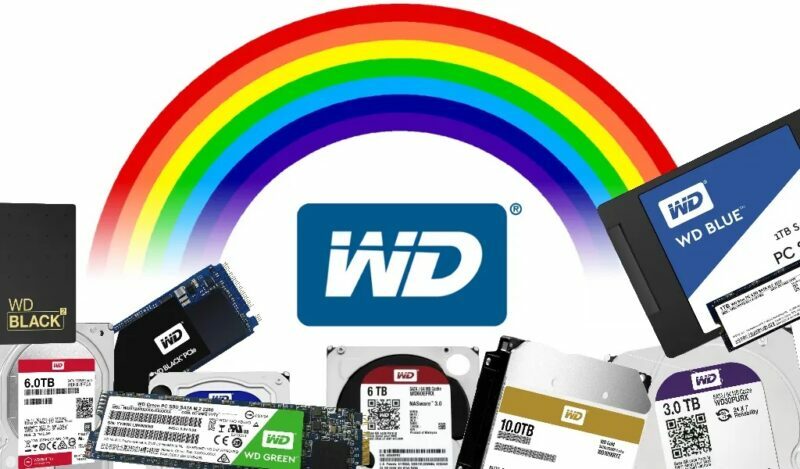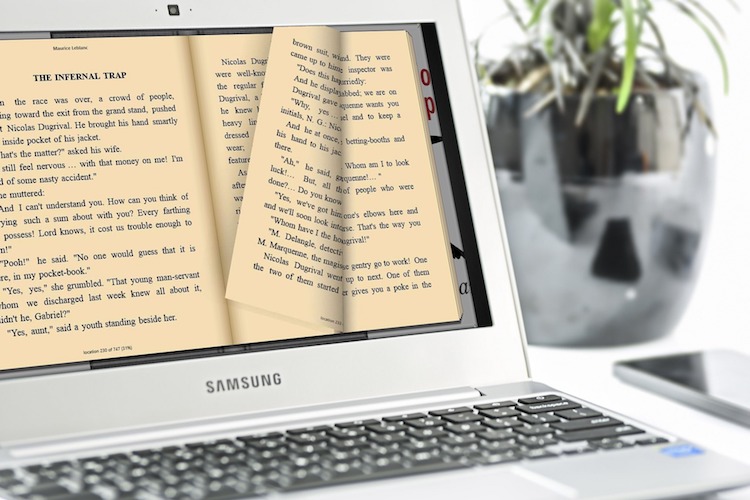Make a Bootable USB drive Using Windows USB Download Tool

In this article, we will provide you details about windows usb download tool, windows usb/dvd download tool, produce bootable usb windows 10 and bootable, create bootable usb from iso windows 10. Before you start, have in mind that you don’t need any software application to produce a bootable USB media for UEFI-based computer systems. For UEFI-based networks.
All you need to do to make a windows usb download tool setup disk is to format the USB drive as FAT32 (instead of NTFS), mount the Windows Setup ISO to a drive, and copy the whole contents of the mounted drive to the USB drive. However, this suffices to make the drive bootable in UEFI-based computers. Furthermore, for legacy (BIOS/MBR) orders, follow one of the 3 approaches in this article to produce a USB Windows Setup Disk.
Make a Bootable USB drive Using Windows USB Download Tool
In this article, you can know well about windows USB download tool here are the details below;
Produce Bootable USB Flash Drive from ISO utilizing
Windows USB/DVD Download Tool
Microsoft’s Windows USB/DVD Download Tool uses an ISO image and produces a windows usb download tool that can be utilized to set up Windows. The utility can develop a Windows installation DVD from the ISO file as great.
Download the Windows USB/DVD Download Tool. To represent the ISO image to USB flash drive, make sure that the drive has enough disk area. Different OSes have different ISO file sizes. Make sure to use a drive with a capacity of 8 GB minimum, as Windows 10 ISO file sizes grow every build/version; Windows 10 Fall Developers Update ISO size is 4.4 GB.
Although the caption checks out “Windows 7 USB/DVD Tool”, it works flawlessly in Windows 10.
Please insert the USB flash drive (or DVD media) into the drive beforehand.
Rufus: An Advanced Tool to Develop Bootable USB Drives
Likewise, look at an advanced ISO/DVD to windows usb download tool called Rufus. This energy helps format and produce bootable USB flash drives, such as USB keys/pen drives, memory sticks, etc
Rufus is remarkably fast, and this tool can be especially beneficial for cases where:
- – Require to produce windows usb download tool installation media from bootable ISOs (Windows, Linux, UEFI, and so on).
- – Also you require to deal with a system that does not have an OS installed.
- – Also you require to flash a BIOS or other firmware from DOS.
- – Wish to run a low-level utility.
Develop USB Bootable Windows Setup Disk without using any software application.
As stated previously in this post, for UEFI-based computers, all you need to do to make a Windows setup disk is to format the disk as FAT32, install the ISO to a drive and copy the whole contents of the mounted drive to the USB drive. This suffices to make the drive bootable in UEFI-based computers.
For legacy (BIOS/MBR) systems, follow these instructions to develop a Windows 10 Setup USB disk.
1. Insert the USB flash disk into the drive.
2. Open admin Command Prompt run the diskpart command.
3. Also Run the list disk command to see the list of drives. Carefully, note down the disk # for your USB media. It’s better to disconnect additional external drives before running this command, for easy identification of the USB drive.
4. In my case, disk 3 is the USB drive, so I type the following command to select the disk:
- select disk 3
5. Then, run the following command to completely erase the contents of the USB disk
6. Then run the following commands:
- create partition primary
- select partition 1
- active
- format fs=ntfs quick
Important note: If your computer supports Unified Extensible Firmware Interface (UEFI), you should format the USB flash drive as FAT32 rather than as NTFS. To format the partition as FAT32, type format fs=fat32 quick, and then click ENTER.
7. Once done, run the assign command, and then type exit to come out of the Diskpart command environment. However, windows reassigns a drive letter (G:\ in this example) for your USB drive.
8. Mount the Windows Setup ISO by double-clicking on it.
9. Copy the entire contents of the mounted ISO drive (H:\) to your USB flash drive (G:\)
10. Switch to the admin Command Prompt window and run the following commands, where H:\ is the drive letter of the mounted Windows ISO and G:\ is the USB drive letter:
- H:
- cd\boot
- bootsect.exe /nt60 G:
You’ll see the following output:
- Target volumes will be updated with BOOTMGR compatible bootcode.
- G: (\\?\Volume{589fd5fb-bd84-11e8-a90e-1866da06b846})
- Successfully updated FAT32 filesystem bootcode. Bootcode was successfully updated on all targeted volumes.
The bootsect.exe command-line builds the boot sector code in the specified partition.
That’s it! The windows usb download tool is now bootable, and you should be able to install Windows from it.
Hope this guide proved helpful to create a bootable USB Windows Setup disk using various methods.












